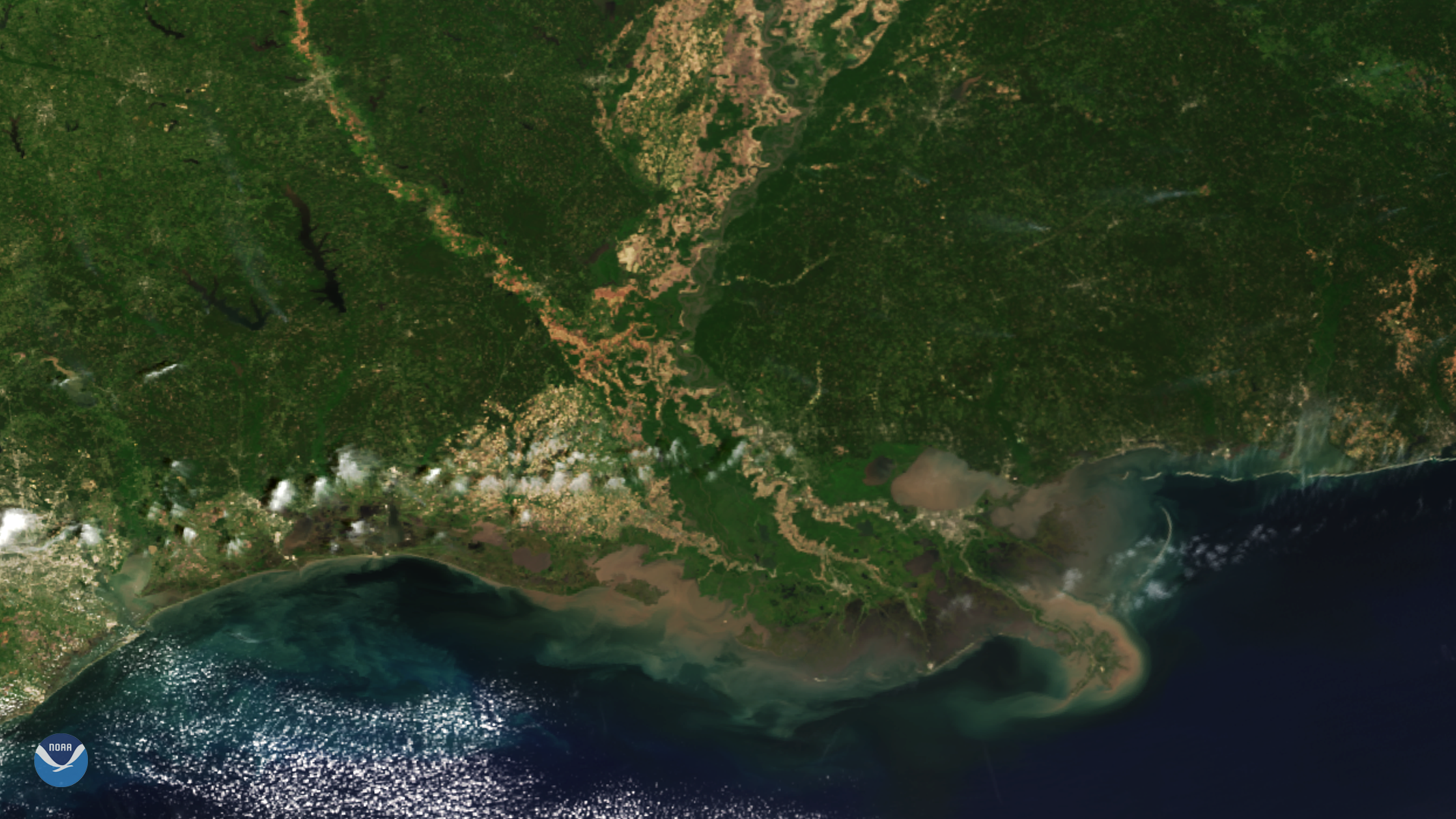Date:
Location:

ABSTRACT: The lower reaches of the Mississippi River in southeastern Louisiana encompass a complex array of deltaic landforms. These landscapes and "waterscapes" were and are home to Native American groups such as the Chitimacha, Houma, and others; the Choctaw name for the area that we now know as New Orleans is "Bulbancha," meaning "place of many languages." Successive deltaic lobes are known to have formed at different timeframes during the past, with settlements and mounds made of earth and shell built on them at some point after landforms stabilized. This talk argues that moundbuilding is a metaphorical reenactment of those complex, long-term geomorphological processes, and that "moundbuilding as land-making" promoted resilience and stability within a dynamic and periodically unstable environment. I review concepts associated with the study of resilience in archaeology, the environments and archaeology of the Mississippi River Delta, and selected aspects of the ethnohistory and oral tradition of Indigenous peoples of southeastern Louisiana. I draw here on my own ideas but also ideas, insights, research, and findings of other researchers, including some of my current and former graduate students and colleagues at Tulane University.
BIO: Chris Rodning earned his AB in anthropology at Harvard and his PhD in anthropology from the University of North Carolina at Chapel Hill. His undergraduate thesis at Harvard was a study of Native American watercraft, water travel, and canals in the Gulf South, and his dissertation was a study of the built environment and landscape of Cherokee towns in the southern Appalachians spanning the period before and after the beginnings of European colonialism in the Americas. As a graduate student, Chris began a now longstanding collaboration with friends and colleagues to study the archaeology of Native American groups in the upper Catawba River Valley of western North Carolina just before and after encounters with mid-sixteenth-century Spanish explorers and colonists, and that collaborative project has grown and continues on into the present and into our future. Chris was briefly a visiting assistant professor at the University of Oklahoma, and he then moved to Tulane University, where he is now Professor of Anthropology. He is author of the book, Center Places and Cherokee Towns: Archaeological Perspectives on Native American Architecture and Landscape in the Southern Appalachians, published in 2015 by the University of Alabama Press, and coeditor with Robin Beck and David Moore of Fort San Juan and the Limits of Empire: Colonialism and Household Practice at the Berry Site, published in 2016 by the University Press of Florida. He has authored and coauthored papers in American Anthropologist, American Antiquity, Historical Archaeology, Southeastern Archaeology, and other journals, as well as chapters in other scholarly coedited volumes. Rodning is the current editor of the SAA Archaeological Record, and series editor for the series, "Archaeology of the American South: New Directions and Perspectives," published by the University of Alabama Press. Chris grew up in Alabama, but he was born in Minnesota, close to the Mississippi River, which now flows close by his current home in New Orleans, Louisiana.
Tozzer Anthropology Building, Room 203
21 Divinity Avenue
Cambridge
or Online via Zoom (click here to Join on April 21st at Noon EDT)
You do not need to register for this seminar

This event is open to all and you are welcome to share . If you are a department, program, or research center within Harvard and have interest in cosponsoring a talk, please feel free to reach out. The series coordinators thank you for your continued engagement and support, - Amy Arsenault Jess Beck & Jason Ur
